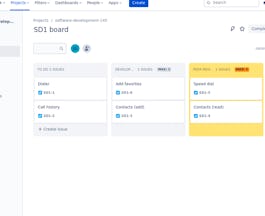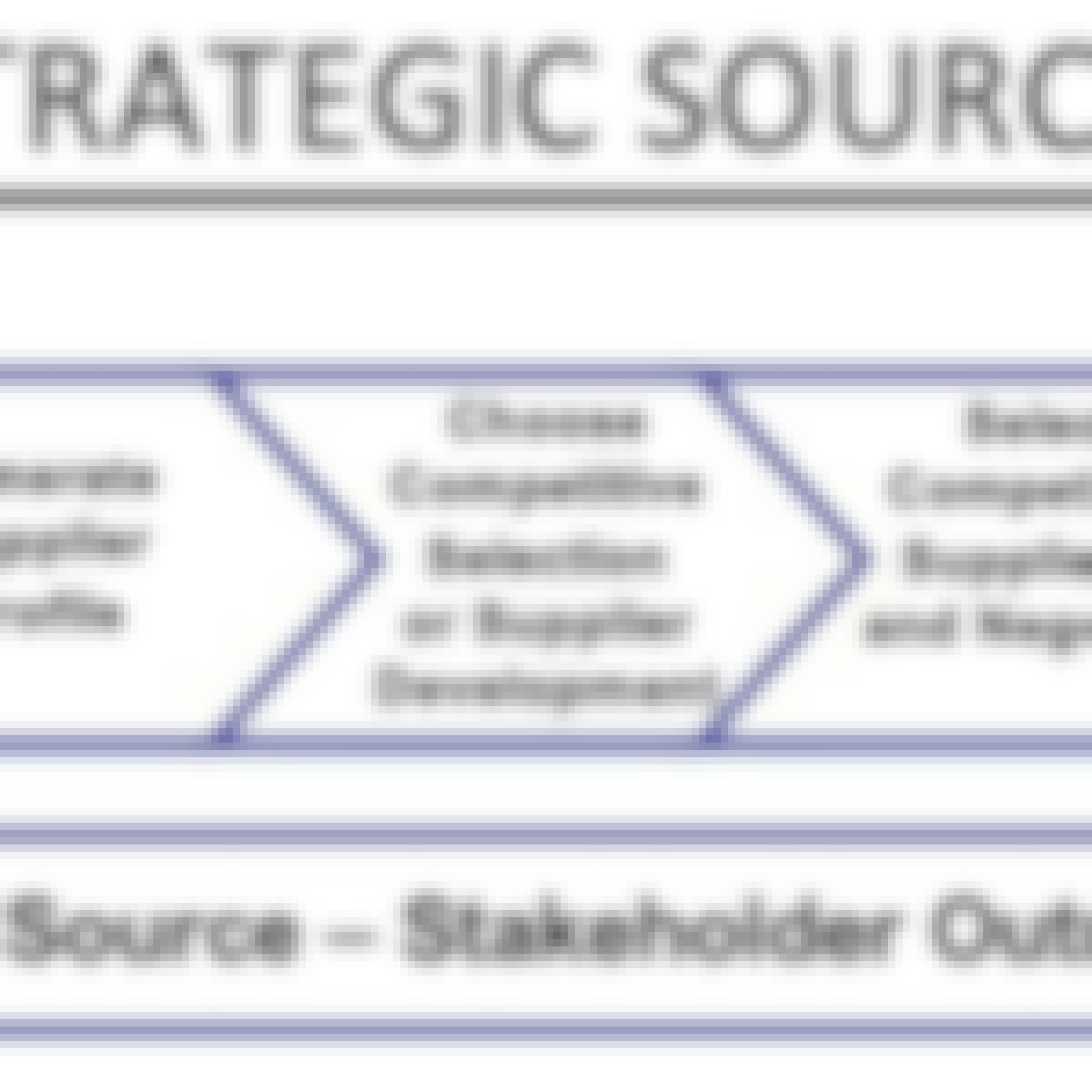Filter by
The language used throughout the course, in both instruction and assessments.
391 results for "supply chain management"
 Status: Free
Status: FreeUniversity of Glasgow
Skills you'll gain: Marketing

Coursera Project Network
Skills you'll gain: Agile Software Development, Jira (Software), Leadership and Management

University of California, Irvine
Skills you'll gain: Inventory Management, Data Analysis, Supply Chain Systems, Leadership and Management, Business Analysis, Forecasting, Supply Chain and Logistics

New York Institute of Finance
Skills you'll gain: Finance, Supply Chain Systems, Supply Chain and Logistics, Accounts Payable and Receivable, Payments, Cash Management, Financial Accounting, Financial Management, Leadership and Management, Supplier Relationship Management

Skills you'll gain: Leadership and Management, Strategy and Operations, Cloud-Based Integration, Business Analysis, Business Transformation, Business Process Management, Cloud Applications, Strategy, Customer Analysis, Planning, Product Management, Project Management, Business Intelligence, Software As A Service, Supply Chain and Logistics, Cloud Standards, Cloud Computing, Network Architecture, Software Architecture, System Software, Communication
 Status: Free
Status: FreeJohns Hopkins University
Skills you'll gain: Business Analysis, Data Analysis, Data Visualization, Spreadsheet Software, Data Model, Decision Making, Microsoft Excel, Process Analysis, Statistical Visualization

Rutgers the State University of New Jersey
Skills you'll gain: Data Analysis, Inventory Management, Leadership and Management, Supply Chain Systems, Supply Chain and Logistics, Business Analysis, Operations Management, Strategy and Operations, Planning, Supplier Relationship Management

University System of Georgia
Skills you'll gain: Data Analysis, Probability & Statistics, Business Analysis, Process Analysis, Statistical Analysis, General Statistics, Operational Analysis, Business Process Management, Organizational Development, Performance Management, Problem Solving, Project Management, Statistical Tests, Statistical Visualization, Strategy and Operations, Decision Making, Leadership and Management, Mathematics, Operations Management, Basic Descriptive Statistics, Supply Chain and Logistics, Entrepreneurship, Planning, Probability Distribution, Data Visualization, Product Management, Experiment

University of Colorado Boulder
Skills you'll gain: Strategy and Operations, Leadership and Management, Operations Management, Strategy, Marketing, Business Development, Supply Chain and Logistics, Culture, Sales, Supply Chain Systems, Accounting, B2B Sales, Business Transformation, Entrepreneurial Finance, Marketing Management, Risk Management, Transportation Operations Management, Business Analysis, Communication, Entrepreneurship, Market Research, Product Marketing, Regulations and Compliance

University of Illinois at Urbana-Champaign
Skills you'll gain: Supply Chain Systems

Rutgers the State University of New Jersey
Skills you'll gain: Leadership and Management, Procurement
Searches related to supply chain management
In summary, here are 10 of our most popular supply chain management courses
- MBA Essentials: University of Glasgow
- Get started with Jira: Coursera Project Network
- Leverage Data Science for a More Agile Supply Chain: University of California, Irvine
- Introduction to Supply Chain Finance & Blockchain Technology: New York Institute of Finance
- SAP Technology Consultant: SAP
- Effective Inventory Management and Optimization: Starweaver
- Business Analytics with Excel: Elementary to Advanced: Johns Hopkins University
- Supply Chain Analytics Essentials: Rutgers the State University of New Jersey
- Six Sigma Green Belt: University System of Georgia
- International Business: University of Colorado Boulder











